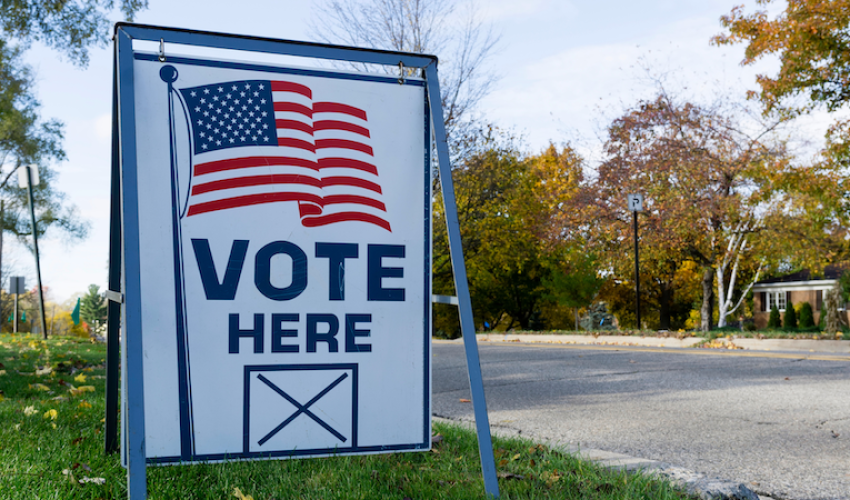Learn » Simplicity Research Hub » Dealing with change: What Trump's election win means for NZ
Dealing with change: What Trump's election win means for NZ
Published on 07/11/2024

By Shamubeel Eaqub, Chief Economist, Simplicity Research Hub
The US has a change of president to Donald Trump. What does it mean for NZ?
It means dealing with change, especially for trade and foreign policy. For retirement savings the old adage remains: focus on what you can control and that is regular KiwiSaver contributions. Markets will rise and fall - they're not possible to predict; it's the power of regular investments that delivers the goods.
Context
Trump’s last term and his announcements in the current campaign suggest changes in:
- Social policy (for example illegal border crossings)
- Economic policy (tax cuts, borrowing and spending more, reversing the Inflation Reduction Act, etc.)
- Foreign policy (AKA import tariffs - although history shows that tariffs increase costs for the domestic consumer, which are not offset by the increases in domestic manufacturing or the lack of support and thus legitimacy of supranational organisations like the World Trade Organisation and United Nations)
- Security policy (defence support for Ukraine and potentially South China sea)
Like markets, past performance is not a reliable guide to the future. Trump’s previous presidency was characterised by uncertainty and volatility. Also, not all campaign policies were implemented. There are still checks and balances in the US political process, which affect what policies are ultimately adopted.
The implications for New Zealand are perhaps best considered through two primary lenses: financial markets and trade. We will leave aside social policy and geopolitics in this instance.
Financial market implications
There are two aspects to financial markets: equities (shares), and bonds.
The S&P 500 - the main benchmark for the US equity market - does not show any clear patterns of one political party being better than the other over previous presidential terms. This is illustrated in Figure 1 below. While government policy matters for the economy and financial markets, economic and business conditions matter a lot more when it comes to market performance.
For bond markets, more borrowing and spending is likely to mean higher interest rates. Which is likely to mean that in New Zealand, we will experience higher fixed mortgage rates, at the margin. This is because the US bond market is the benchmark or reference for ‘risk free interest rates’.
Figure 1: Political influence on the S&P 500 | Source: MacroBondResearch Hub
For retirement savings, US presidential elections are perhaps less important than it may seem from wall-to-wall coverage. The growth of KiwiSaver since inception has mainly been driven by regular contributions rather than market return, although the returns do help a great deal. This will not change. Time in the market is what matters, and regular contributions are the best way to achieve that, as seen in Figure 2.
Figure 2: Source of KiwiSaver growth | Source: IRD, Simplicity Research Hub
Trade implications
There is a real risk of trade being disrupted, with import tariffs being imposed by the US. Import tariffs are essentially a tax on imported products, making them more expensive than the goods from domestic producers.
The US is an important export destination for NZ - it accounts for 13% of our goods exports, is our second biggest export market after China, and just ahead of Australia. Goods exports to the US is equivalent to around 2% of NZ’s economy (GDP).
Any tariffs could disrupt our exports (wine, medical equipment etc.), but we will have to wait and see which specific tariffs are brought in and how exactly these will affect our various export businesses.
Figure 3: US exports as share of NZ GDP | Source: Statistics NZ, Simplicity Research Hub
Conclusion
US elections matter, because they are such a large and important economic and political force. There will be changes in social, economic, foreign and security policies with the election of Trump as the new president.
It is still too early to tell which of the campaign promises will actually be implemented in policy. There are still checks and balances in the US political system. There are risks for NZ exports, if tariffs are introduced. This has been well signaled and Kiwi businesses exporting to the US will be doing everything they can to moderate these effects.
The implications for retirement saving are modest, if any. What any saver can control is how much they save, and the suitability of the savings product to their needs. Those fundamental truths remain.